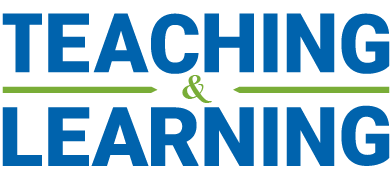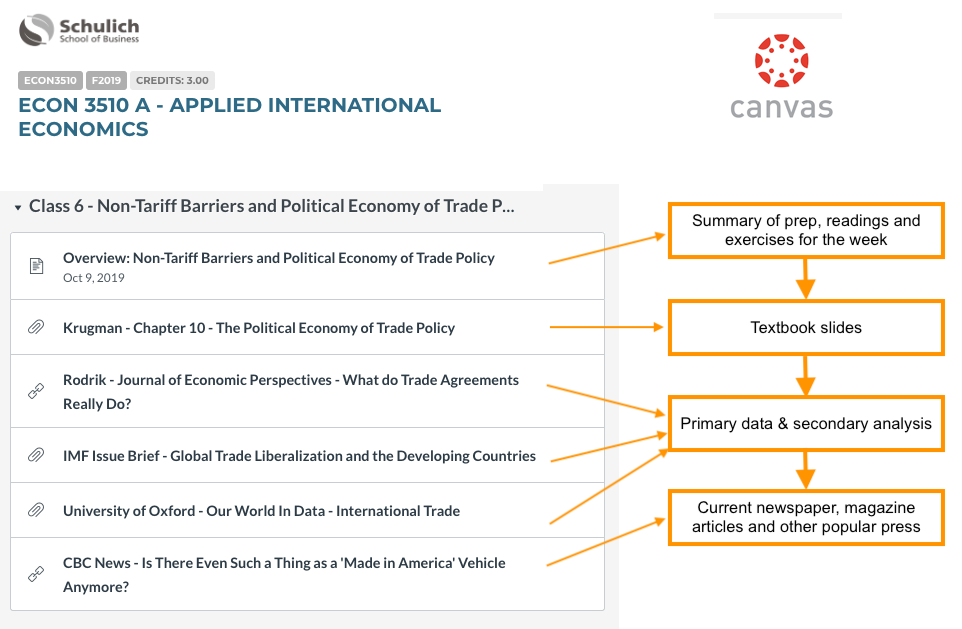By Farrokh Zandi, Lecturer, Economics; Associate Director of Undergraduate Programs and Schulich Teaching Excellence Award winner.
One of the joys of teaching is finding ways to take complex topics and present them in such a way that students begin their own journey of discovery. In my courses I emphasize practical applications of learning to make them real, stimulating, and challenging.
Students learn through explanation, example, and experience. Examples and illustrations are powerful ways to broaden and deepen student learning. Accordingly, instead of relying too much on explaining the knowledge, lingo, and methodologies of the discipline I place the emphasis on teaching with examples and on encouraging experiential learning within the discipline, which is where the real learning often takes place. The challenge is of course selecting the most effective examples and knowing when and how to best use them.
Experience also shows that students tend to learn individual concepts or pieces of knowledge in a compartmentalized fashion and as such often fail to draw on them or apply them in complex contexts. This requires practicing with up-to-date real stories that allow integration and synthesis. Learning with real stories and cases rather than with hypothetical examples has greater intuitive appeal to students.
You can see this in practice by looking at how I set up my Canvas course.
I organize my course material to create a seamless transition from theory to practice. We move from the textbook into primary data, secondary analysis and current news articles.
During lectures, the first ten minutes are dedicated to discussion. Student are encouraged to contribute their own stories and thoughts on relevant stories from the news.
Students recognize and appreciate the connection between economic theory and practice. In end-of-year feedback, students specifically report that they now see the value of economic theory’s ability to inform their understanding of current, real-world issues and developments.




